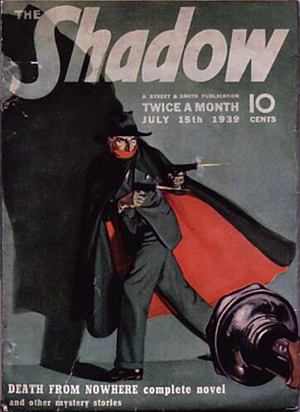If you like beige
“‘That, my dear, is the Sahara. Empty, yes; barren, yes; fierce and deceptively featureless, but, I assure you, unforgettable.’
‘Yeah, I suppose. If you like beige.’”
—Tom Robbins, Half Asleep in Frog Pajamas, 1994.
God’s linoleum
“[T]he sky is all huckleberry and nasturtium, the color of God’s linoleum. . . .”
—Tom Robbins, Half Asleep in Frog Pajamas, 1994.
Sliced sweet peppers
“Sliced sweet peppers, yellow and red, vaulted and naved, like cross sections of Caribbean cathedrals.”
—Tom Robbins, Half Asleep in Frog Pajamas, 1994.
published by oysters
“Onions with their pearl-skin layers, like the pages of newspapers published by oysters.”
—Tom Robbins, Half Asleep in Frog Pajamas, 1994.
God is in the details
“‘Goethe said, and some famous architect built a career on it, ‘God is in the details.’. . .’”
—Tom Robbins, Half Asleep in Frog Pajamas, 1994.
erythrophobia time
“It’s erythrophobia time. And as usual, your fear of blushing causes you to blush. But there’s no pigment of guilt in the puccoon that reddens your cheeks. Instead of shame, you feel resentment.”
—Tom Robbins, Half Asleep in Frog Pajamas, 1994.
It is night
“It is night now, no longer evening but fully night, as in “black as,” if not precisely “dead of.” Evening usually has the afternoon hanging on its coattails, has actual flecks of daylight clinging like lint to its lapels, but night is solitary, aloof, uncompromised, extreme. The safe margins of the day, still faintly visible during eventide, have been erased by night’s dense gum, obscured by its wash of squid squirtings, pajama sauce, and the blue honey manufactured by moths. Is the night a mask, or is day merely night’s prim diguise? Most of us are born in the night, and by night most will die. Night, when tangos play on the nurse’s radio and rat poison sings its own hot song behind the cellar door. Night, when the long snake feed, when the black sedan cruises the pleasure districts, when neon flickers “Free at Last” in a dozen lost languages, and shapes left over from childhood move furtively behind the moon-dizzy boughs of the fir.”
—Tom Robbins, Half Asleep in Frog Pajamas, 1994.
a twenty-dollar gold piece
“Oh, when I die, please bury me
In my ten dollar Stetson hat;
Put a twenty-dollar gold piece on my watch chain
So my friends’ll know I died standing pat.”
—St. James Infirmary Blues, traditional American folksong, famously covered by Louis Armstrong, Cab Calloway, and many many more.
going to Kansas City
“Don’t hang your head when you see those six pretty horses pullin’ me.
Put a twenty-dollar silver piece on my watch chain,
Look at the smile on my face,
And sing a little song to let the world know I’m really free.
Don’t cry for me, ’cause I’m going to Kansas City.”
—Parker’s Mood, by King Pleasure, 1954; this popular song was a vocalized transcription of a Charlie Parker saxophone solo. Charlie Parker hated this song. Quoted by Ross Russell in Bird Lives! The High Life & Hard Times of Charlie (Yardbird) Parker, 1973.
The Shadow

“Who knows what evil lurks in the hearts of men? The Shadow knows.”
—the opening line of The Shadow, the radio play, heard regularly from the 1930s through the early 1950s.